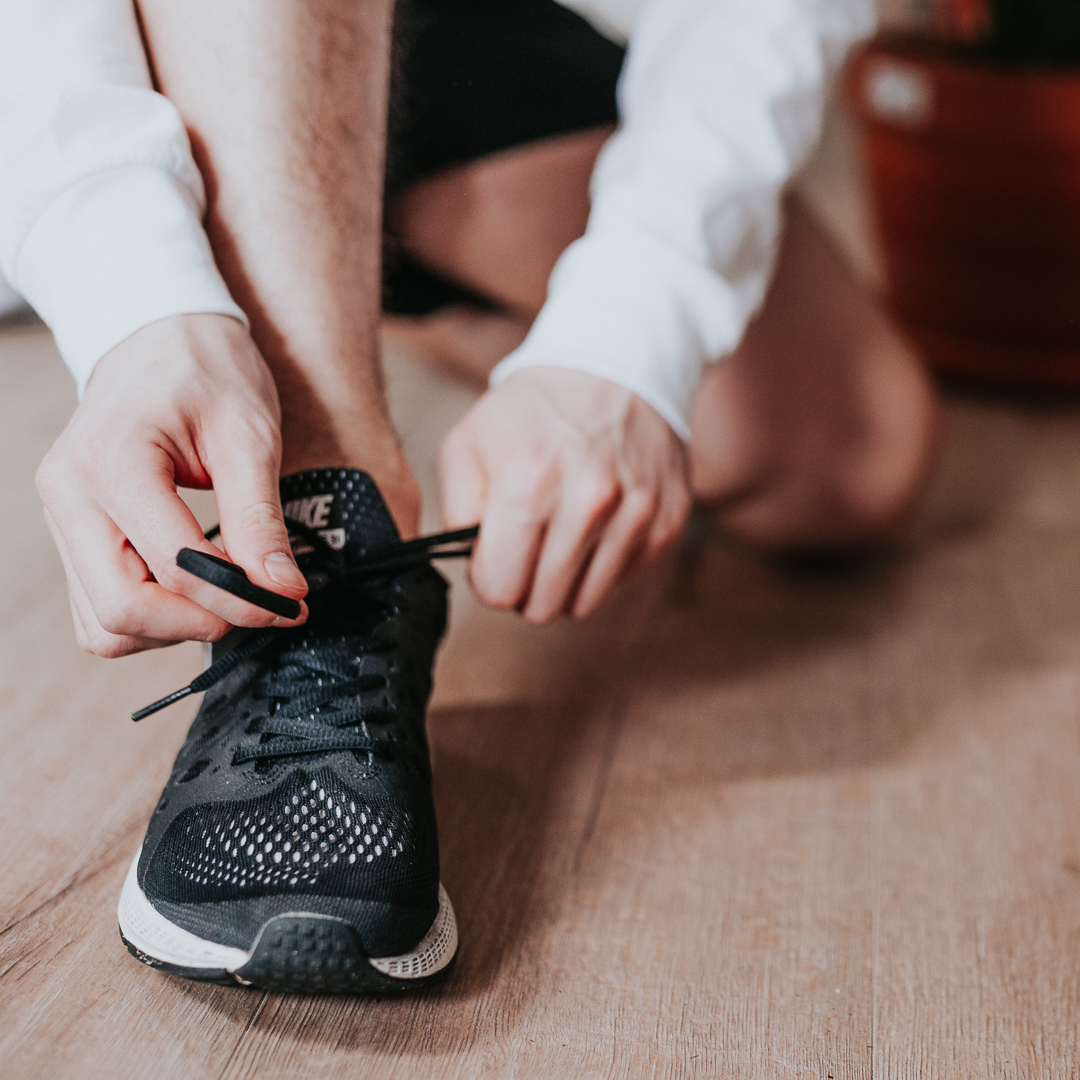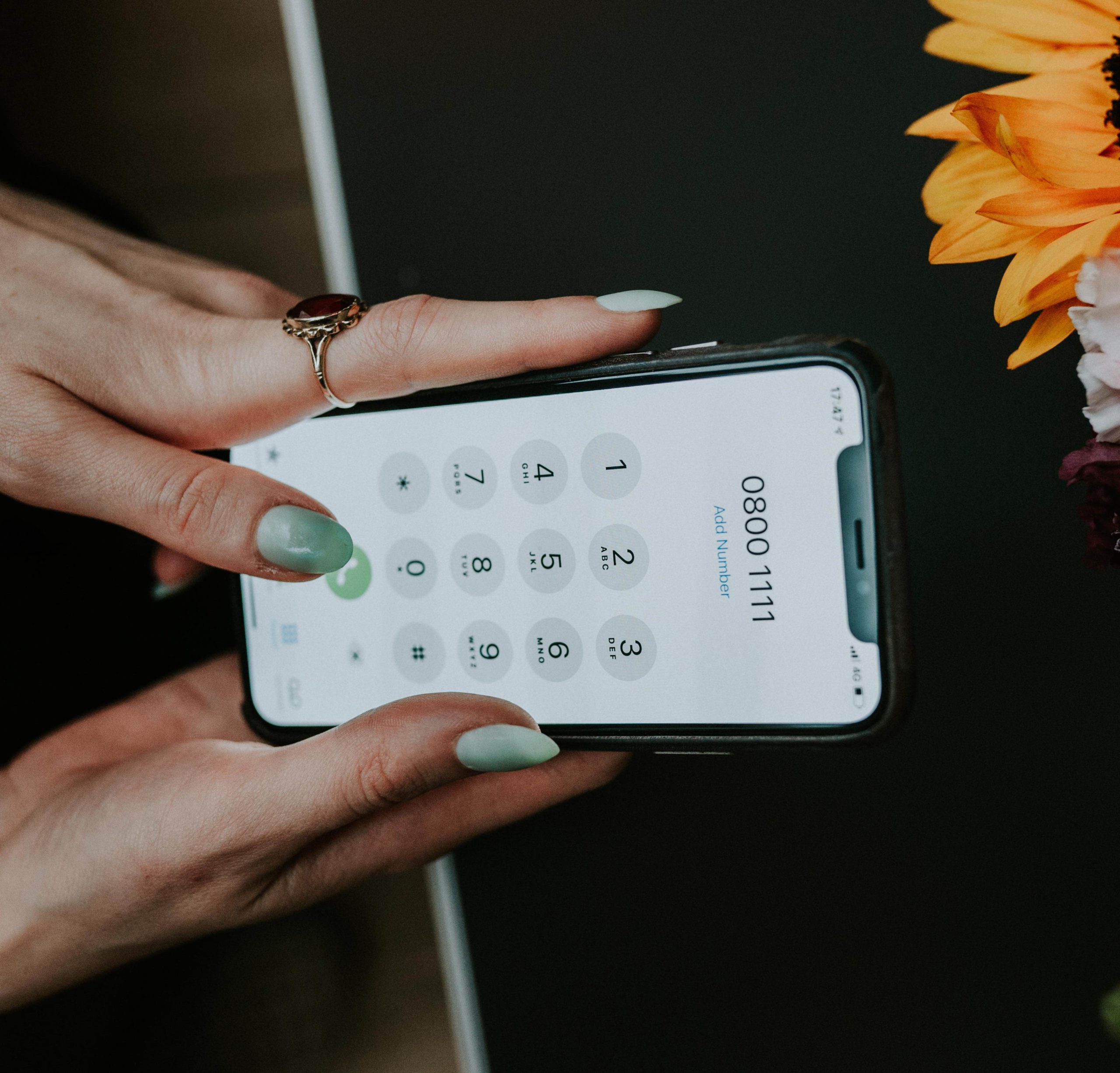Joining a club or team to play a sport regularly might give you something to look forward to each week, as well as being good for you, like any form of exercise is. The added benefit of a team sport is that it’s nice to belong to a community. There are people around you to support you, and you’re all working together to reach a goal.
Go For A Run
Running is one of the most simple forms of exercise – and it’s totally free! Getting up and outside for a run can be a good way to work out aggression or just clear your head. Setting yourself goals of a distance to run, or a time to complete a lap, can give you something to work towards. And it feels great to see yourself making progress! Plus, it’s good for your physical health too!
Go To The Gym
If you’re really not a physical person then the idea of going to a gym could be completely terrifying, but doing exercise actually releases good chemicals in your brain – so even if you ache the next day, you’ll feel good for it! Going to a gym can be a good way to meet like-minded people, as well as giving you a routine to follow if you go regularly. It can actually be kinda fun when you get into it! There’s also something super rewarding about seeing yourself make progress too. Maybe you lift a slightly heavier weight. Or maybe you run a little bit further and faster than last time. The tricky bit is motivating yourself to get up and go, but it can be well worth it.
Catch WWE’s Mark Andrews talking about how hitting the gym helps with his mental health:
Play Video Games
Playing video games won’t get your homework done, but they can distract you from whatever’s getting you down, at least in the short term. Some people find it helpful to almost live out someone else’s life through a game, while others just use it as a way to switch off their brain for a while.
And recent studies are showing that playing games can actually help with your problem solving skills, as well as being used for treatment for both physical and mental illnesses. Who’d have thought it?!
Play With A Pet
Plenty of people have told us that cuddling up with a pet cat or dog makes them feel better, because it’s comforting to curl up with a fluffy animal. Playing around with an animal (like playing fetch) can get you doing some exercise and distract you. Or you could use walking the dog as an excuse to get out the house.
If you don’t have a pet, you could visit someone who does – or even just looking at pictures of cute animals online can actually distract you and make you feel happy. Seeing cute things (and especially playing with them) releases love chemicals in your brain. There are even some universities that have rooms full of puppies to help with exam stress…!
Arrange A Counselling Session
You can do this by contacting your GP, speaking to your counselling or welfare team in school or University (or even asking a teacher, parent or friend to put you in contact with someone.) They will make a referral based on what’s going on with you, and you will be put on a waiting list to see someone who can help. This will mean your counselling is free if you’re based in the UK.
It’s also possible to pay for private counselling. You can Google ‘counselling’ in your local area and you’ll find a list of people specialising in different areas. This will allow you to find someone that will be suitable to help with the areas in your life you’re struggling with.
Take a look at Hub of Hope too – it’s a site that can detect your location and shows you all the available services near you. Handy!
Don’t be afraid to try out a few different counsellors; get someone you’re happy opening up to. If you go through school/ uni/ your GP the waiting lists can sometimes be long- but counselling is important to stick with. It’s professional, trained help, there to listen to you and give advice. Sometimes it can be really helpful to speak to people not in your immediate family or social circle to get impartial subjective support.
See Your GP
Your GP is there for you when you’re physically unwell, but they’re also there when you’re feeling mentally unwell. You can make an appointment to go and speak to them and find some real medical help – which could include a counselling referral, or medication if that’s what’s appropriate.
Seeing a doctor can seem pretty daunting, but their job is to help people feel better. Take along a friend or family member if you need some moral support.
Visit A Friend
Spending time with someone else can be a way to distract yourself from the urge to self-harm, but it’s also an opportunity to talk with someone you trust. Sometimes you don’t even need to talk, just being around someone else can be comforting and reassuring. It could even be a good excuse to see someone that you haven’t done for a while.
Call a Helpline
There are all sorts of different helplines available, to fit whatever situation you’re currently facing. Talking everything through might help you make sense of and find a positive solution to it. The idea of talking to someone you don’t know on the other end of the phone can seem a little scary. But the people you speak to are there to listen to whatever problems are facing you – no agenda, no judgement. You might even find it helpful that you’re speaking to someone who’s not connected to you or your situation. and can offer a different perspective.








